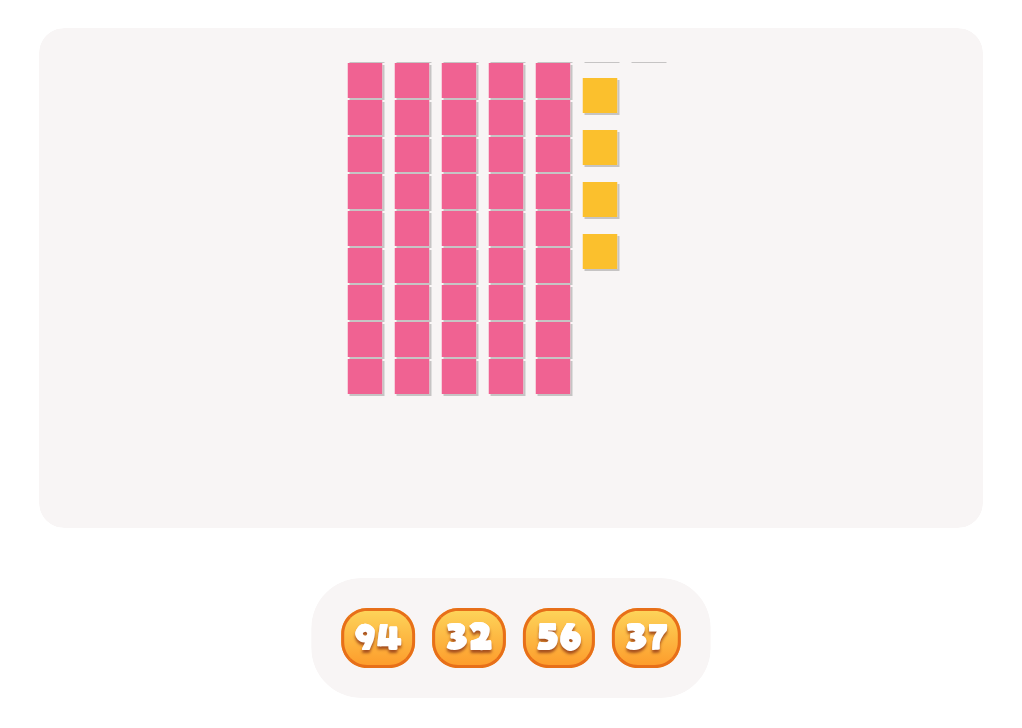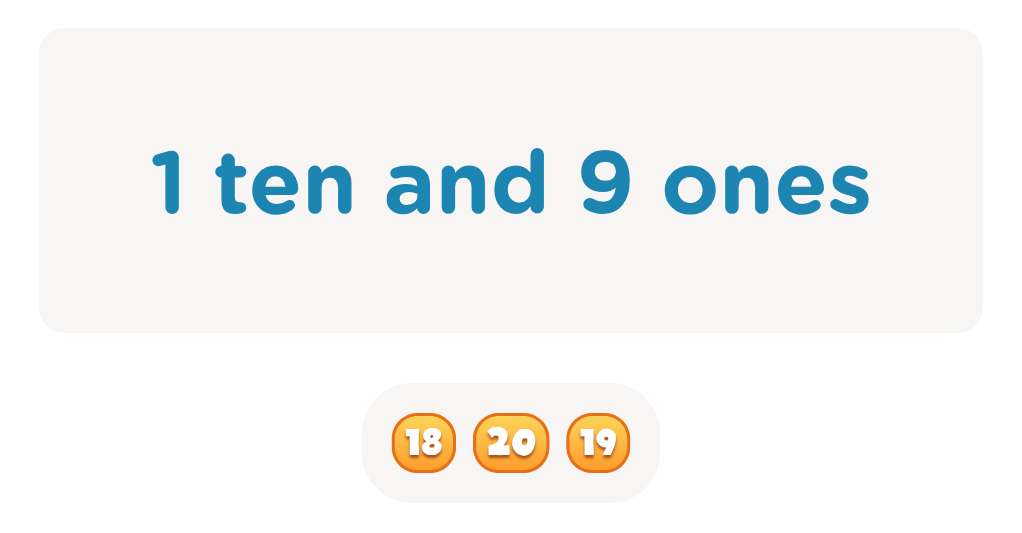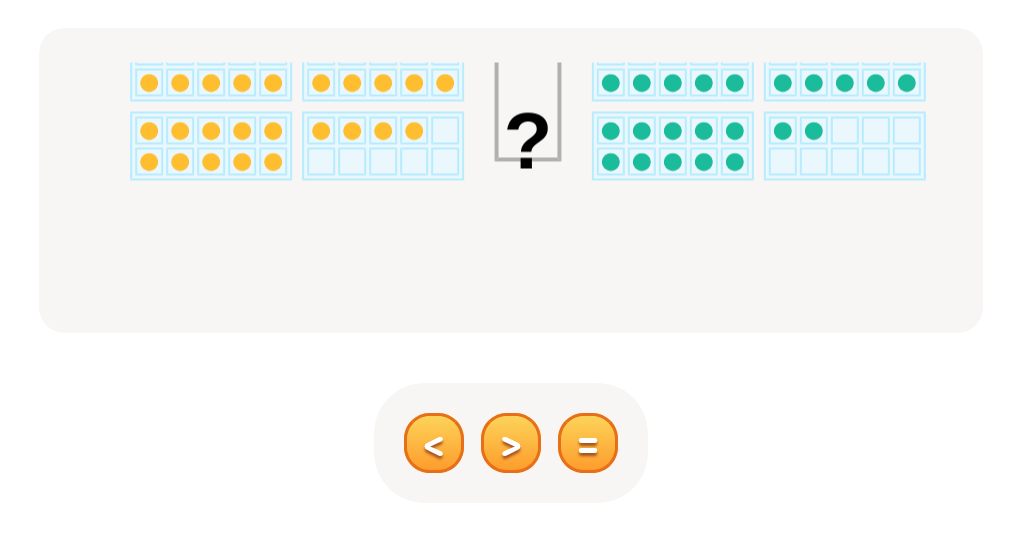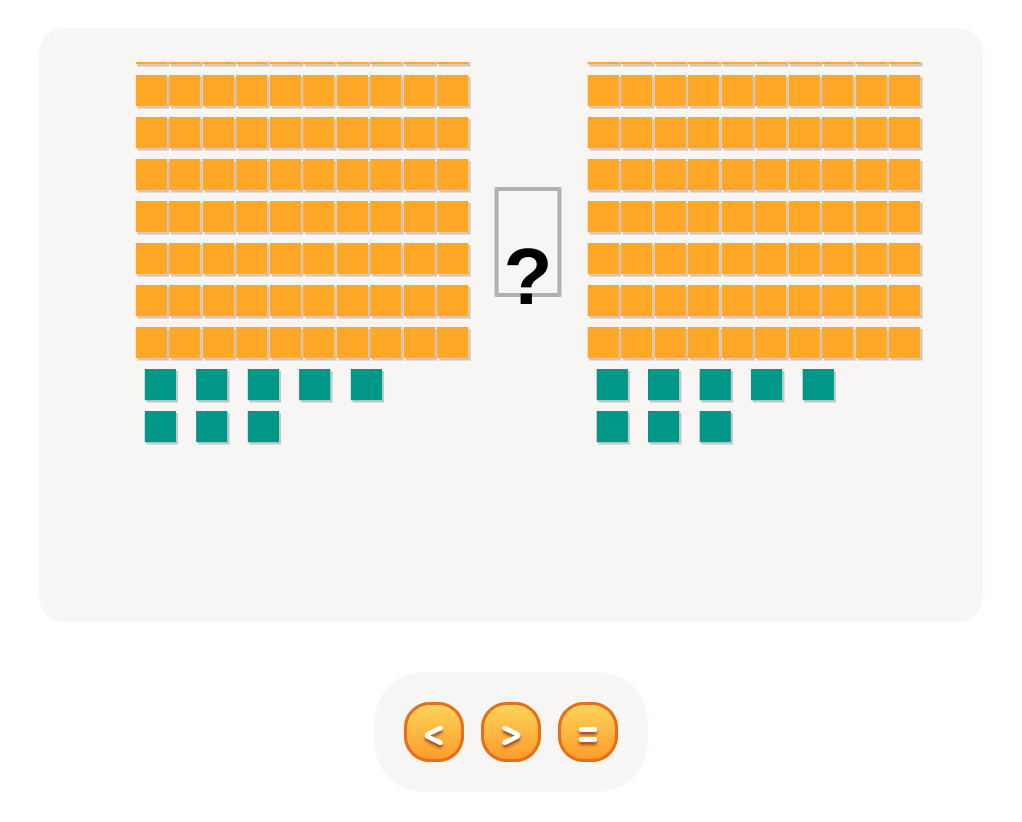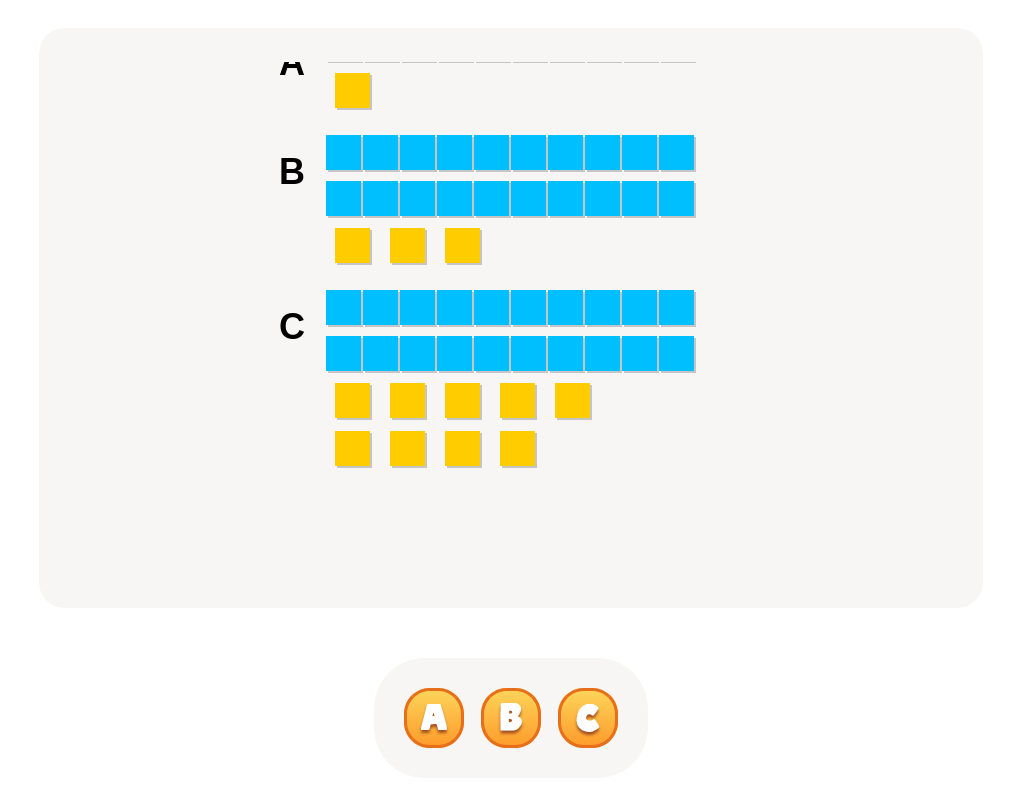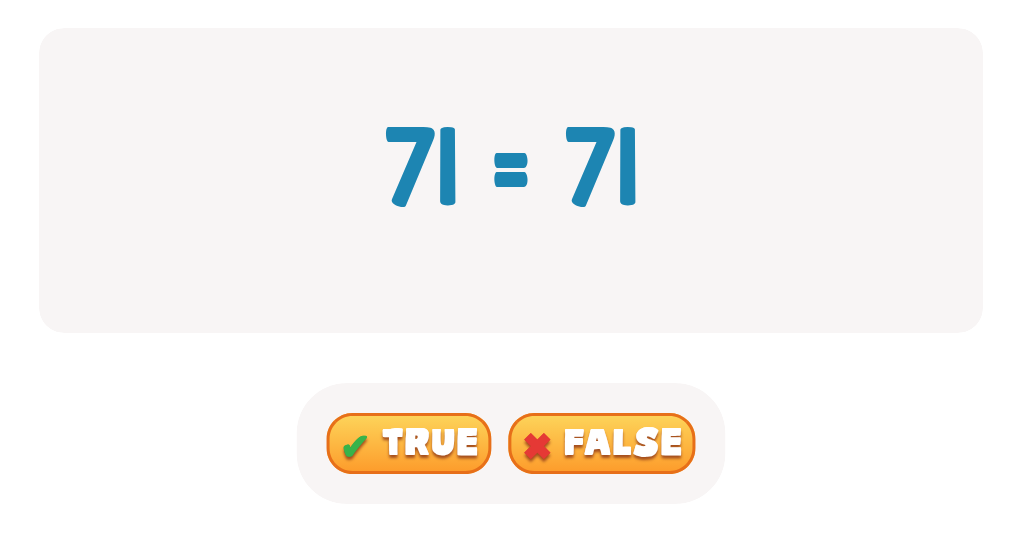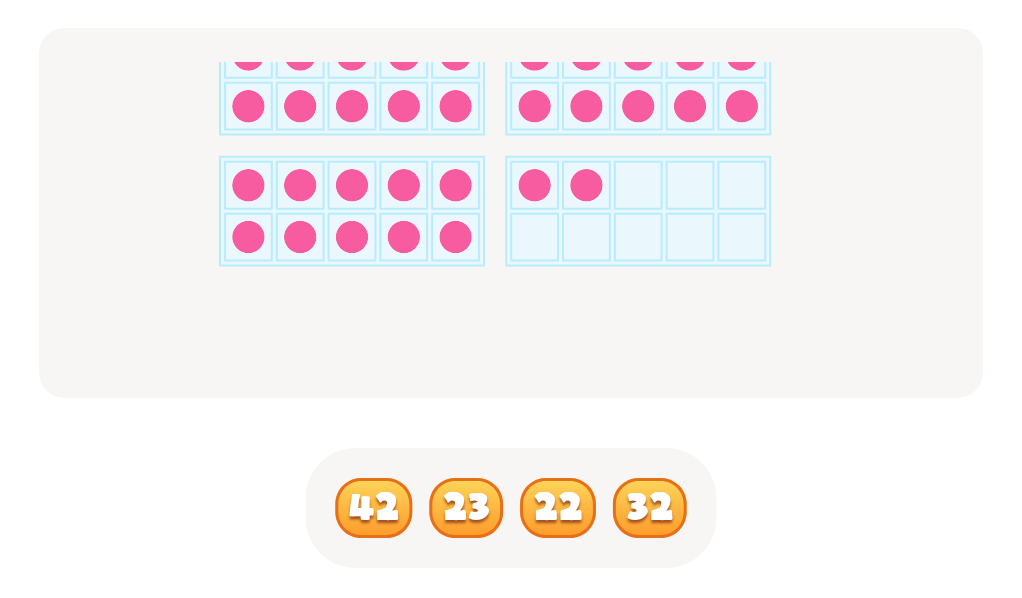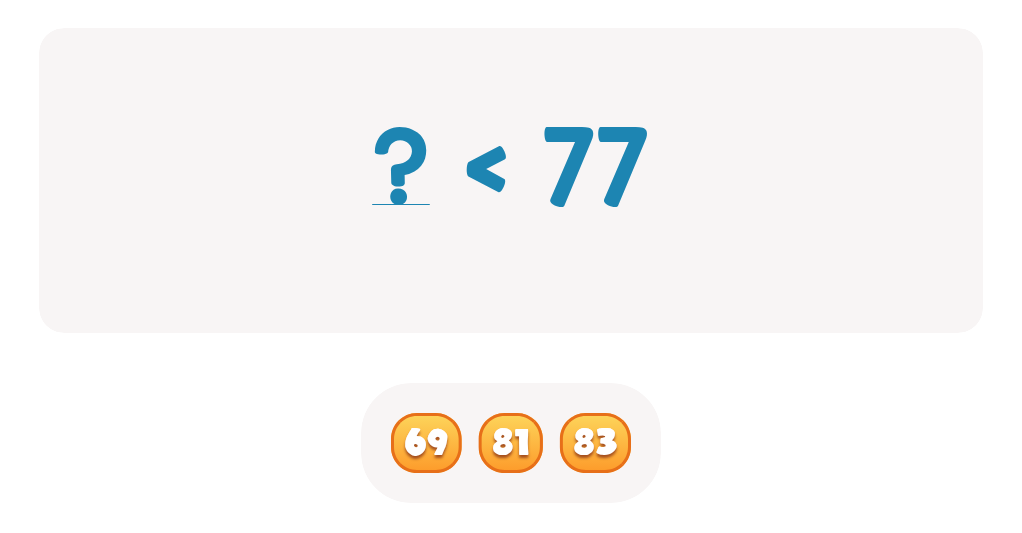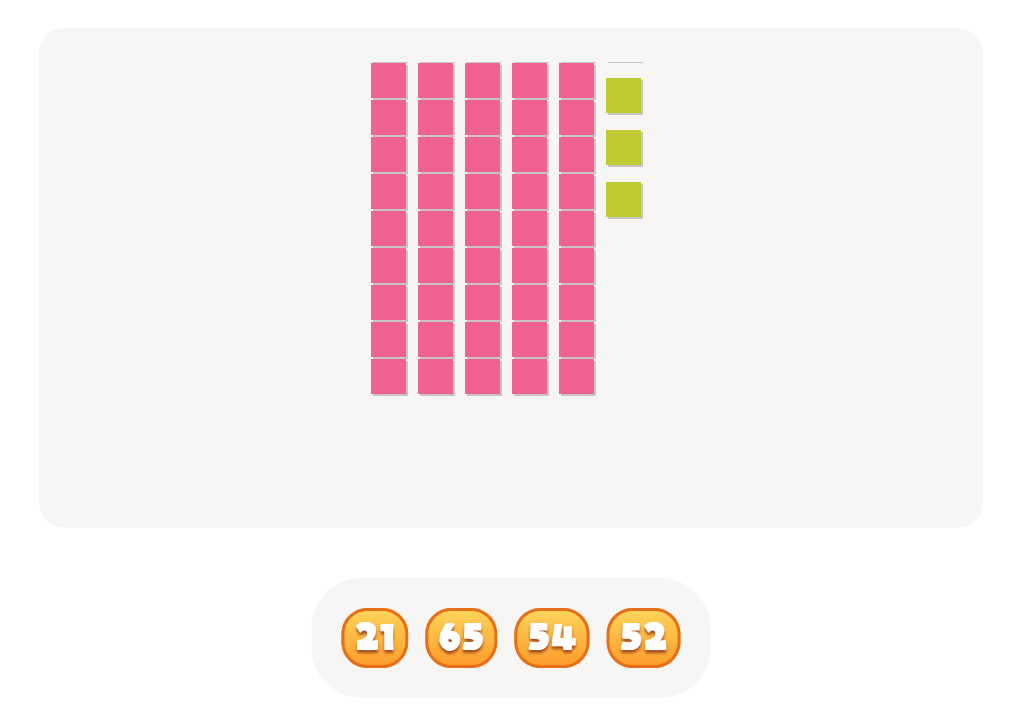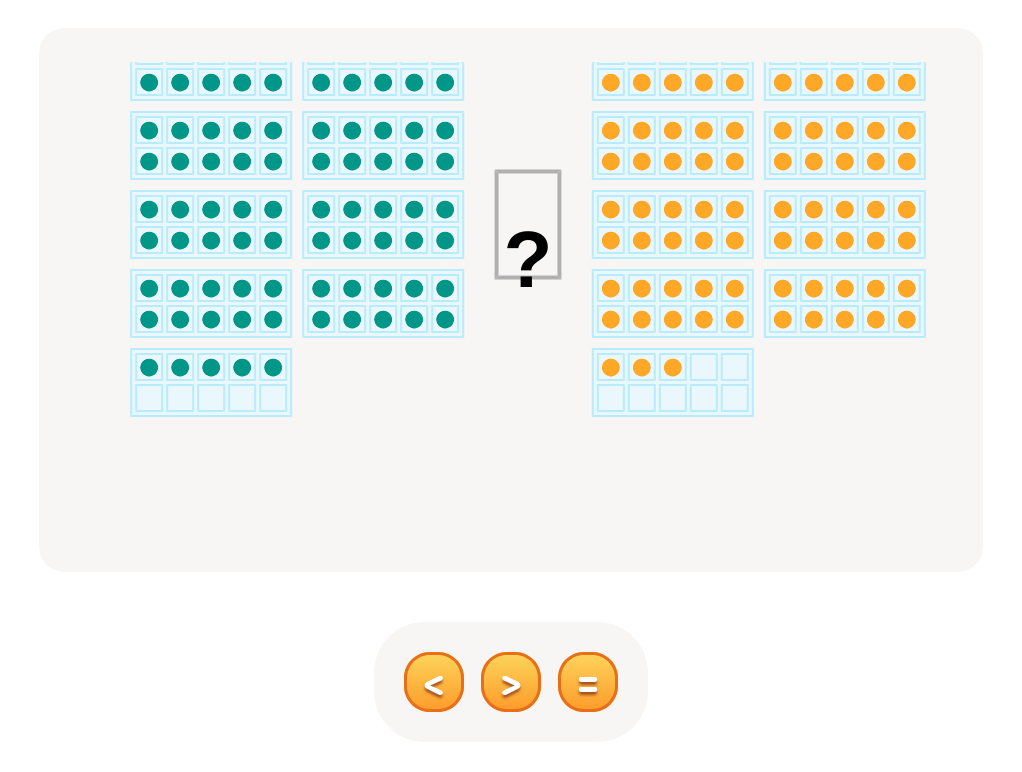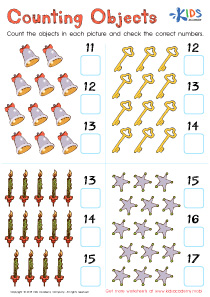Basic Math Skills Normal Place Value Worksheets for Ages 4-6
3 filtered results
-
From - To
Enhance basic math skills with our Normal Place Value Worksheets for ages 4-6. These engaging activities are designed to help young learners understand the concept of place value, laying a strong foundation for future math success. Our worksheets are packed with fun, interactive exercises that make learning both enjoyable and effective. Suitable for preschool and kindergarten students, each worksheet fosters critical thinking, fine motor skills, and number comprehension. Perfect for classroom or home use, these printable resources offer a fantastic way for children to grasp essential math concepts while building confidence in their abilities.
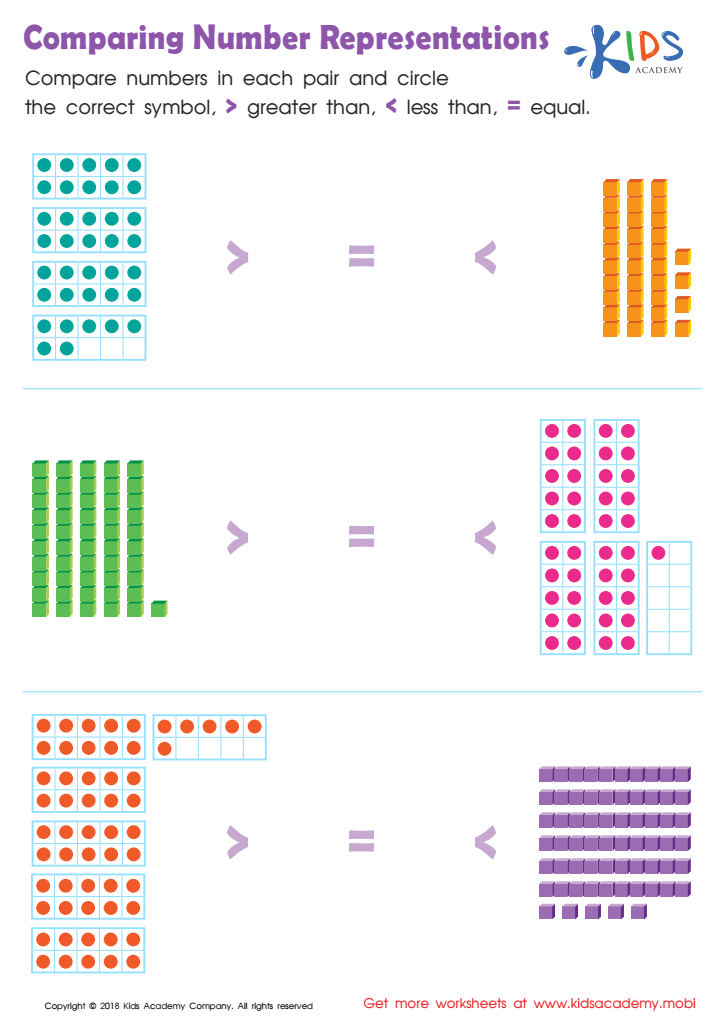

Comparing Number Representations Worksheet
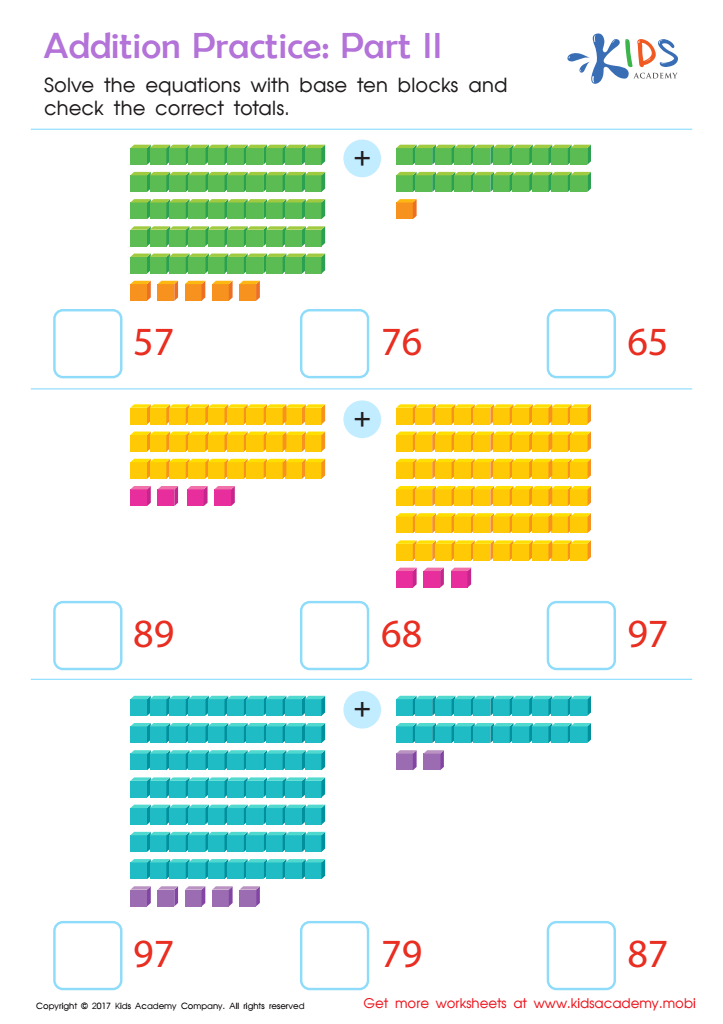

Addition Practice Sheet: Part 2
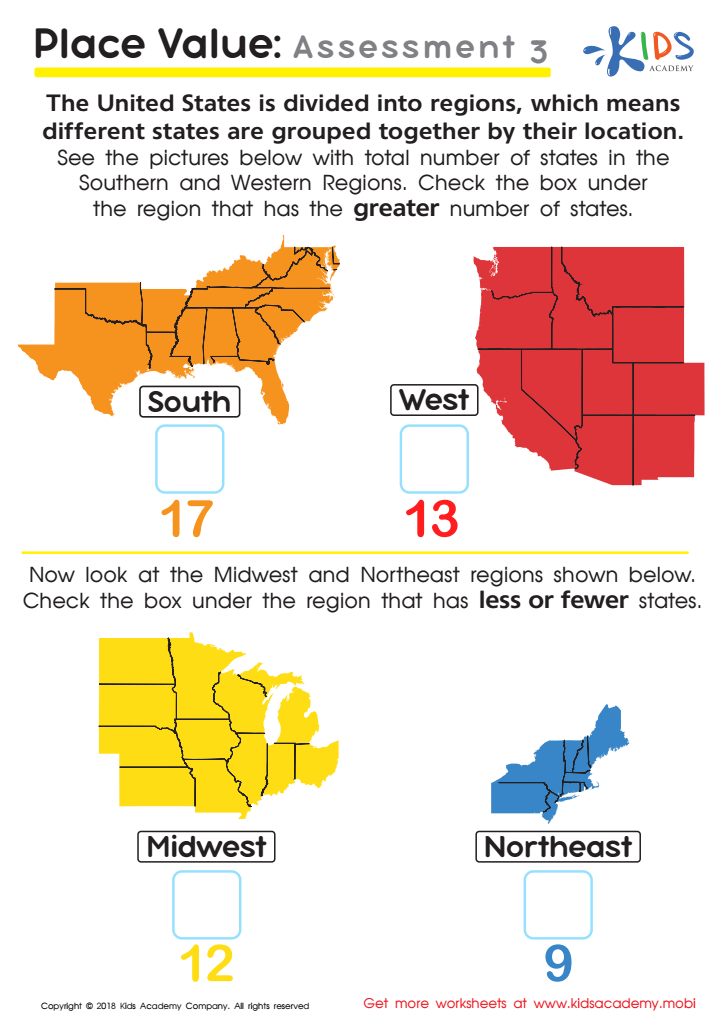

Place Value: Assessment 3 Worksheet
Parents and teachers should prioritize teaching basic math skills, particularly the concept of normal place value, to children aged 4-6 because it serves as a cornerstone for their future mathematical understanding. At this early developmental stage, children's brains are highly receptive to learning foundational concepts that will support their cognitive development throughout their academic careers.
Place value is fundamental to understanding our numeral system; it helps children grasp why the position of a digit in a number determines its value. Without a clear understanding of place value, children may struggle with essential arithmetic operations like addition, subtraction, multiplication, and division, which are all built on the concept of tens, hundreds, units, and beyond.
Introducing place value early also fosters critical thinking and problem-solving skills by encouraging young learners to see the larger patterns and structures in numbers. Early difficulty in math can lead to a lack of confidence, making children apprehensive about more advanced math topics in the future. By securing a solid grasp of place value, parents and teachers can ensure that children have the confidence and skills necessary to tackle more complex equations and mathematical concepts later on.
In short, nurturing basic math skills and a strong understanding of place value during the formative years of 4-6 is essential for fostering long-term academic success and a positive attitude toward learning math.
 Assign to My Students
Assign to My Students
